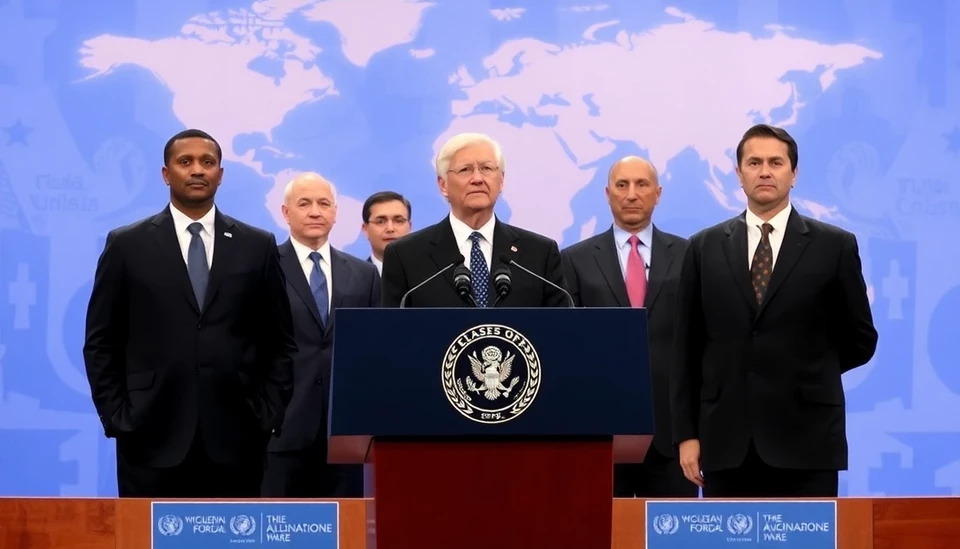
In a significant development on the international climate front, world leaders from nations such as China and across the European Union convened for a high-stakes climate summit on April 23, 2025. This assembly marks a pivotal moment as it occurs without participation from the United States, stirring a mix of reactions from global observers and governments alike.
The meeting, held in Brussels, was characterized by an urgent call to action as the global community grapples with the escalating effects of climate change. Attendees included heads of state and ministers from Germany, France, the United Kingdom, and China, among others, who gathered to discuss strategies for achieving net-zero emissions and advancing renewable energy initiatives.
China’s Premier emphasized the necessity of international cooperation to combat climate issues, asserting that the situation demands unprecedented collective action. He called for a unified approach in framing policies that would accelerate the transition to green energy and mitigate the adverse effects of climate change on vulnerable populations.
Meanwhile, the absence of the United States—a key player in global climate negotiations—has raised eyebrows. Critics have pointed to this gap as a potential hindrance to efforts aimed at implementing robust climate policies. Previously, the US had played a central role in negotiations and agreements intended to monitor and reduce greenhouse gas emissions on a global scale.
In light of the US's recent withdrawal from international climate initiatives, the conference saw a determined focus on creating resilient frameworks for environmental stewardship. European leaders took the opportunity to reaffirm their commitments under the Paris Agreement, pledging to enhance their efforts towards maintaining global temperature rises within the critical threshold of 1.5 degrees Celsius.
Discussions at the summit also ventured into the realms of funding for climate adaptation and mitigation, highlighting the necessity for financial support for developing nations. This collaborative effort aims to ensure that countries with fewer resources are not left behind in the transition to a sustainable future.
As deliberations continued, the European Union proposed a series of ambitious targets, including a highly anticipated carbon pricing mechanism that could reshape the energy landscape across member nations. Such initiatives, they argue, are essential for setting an example of strong environmental governance in the face of rising global temperatures.
The conference created an atmosphere of both urgency and optimism. Leaders expressed their resolve to foster an inclusive dialogue that extends beyond national interests, aiming for a comprehensive approach to climate change that addresses environmental justice and equity.
While the challenges ahead are daunting, the gathering serves as a crucial reminder of the importance of collective action. With the US's absence, the focus remains on how remaining world powers will navigate their responsibilities and rally support for a greener planet.
As the world watches, this summit may well set the stage for future interactions and partnerships geared toward overcoming one of the most pressing issues of our time.
#ClimateSummit2025 #GlobalWarming #Sustainability #ClimateAction #NetZero #RenewableEnergy #EnvironmentalJustice
Author: Peter Collins




